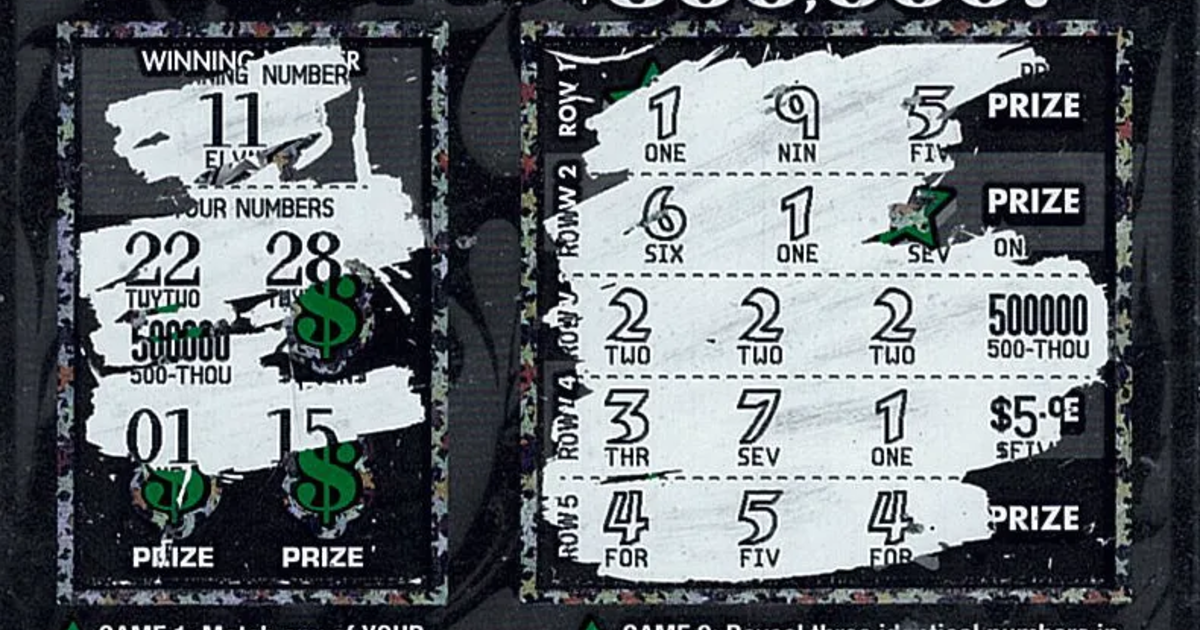Online Scammers Turn to Reloadable Debit Cards to Defraud Consumers
The Better Business Bureau Serving Eastern Michigan and the Upper Peninsula is warning consumers that online thieves have found a new method of defrauding people by siphoning cash from their Green Dot MoneyPaks accounts.
MoneyPaks, which are sold in stores throughout the U.S., are reloadable debit cards normally used to make same-day payments or add money to prepaid cards or PayPal accounts.
In recent weeks, the BBB has noted a significant increase in schemes where scammers either tried to solicit -- or were able to collect -- payments via MoneyPak for merchandise, advance fee loans or sweepstakes prizes that all proved to be fraudulent or nonexistent.
"More and more scammers are moving away from seeking payments via wire transfer and instead asking consumers to give them money via MoneyPaks," said Patrick Bennett, Director of Community Relations of the BBB. "We feel this is likely due to the fact this form of payment is quite convenient -- for both consumers and scammers -- and is untraceable."
The BBB says any Web site requesting payment via a MoneyPak is likely a scam. They also say people should be very cautious when using MoneyPaks to pay companies or individuals they don't know, and want people to understand that once they load a MoneyPak with funds, anyone they share the number of that card with will also have access to those funds. The fraudsters will convince consumers to put money into their MoneyPak card, get them to share its serial number, and then empty the card of funds, leaving consumers empty-handed.
"These scammers are very savvy and effective at coming off as trustworthy," says Bennett. "That is why people should never give a MoneyPak serial number to anyone they don't know."
In the last two weeks alone, the BBB has received reports from consumers who:
* Were asked to pay advance fees on bogus loans with MoneyPaks.
* Were told they had won cash prizes of hundreds of thousands of dollars, but would first have to provide payment via MoneyPaks to claim their winnings.
* Purchased heavily discounted home exercise equipment they found advertised on a fraudulent Web site, www.directhomefitness.com, but after paying hundreds of dollars for it with a MoneyPak discovered the merchandise was nonexistent.
To avoid falling for MoneyPak scams, consumers should:
* Be wary of websites or Craigslist advertisements linking to Web sites where customers are asked to pay with a MoneyPak card.
* Never give their MoneyPak number to someone they don't know.
* Keep in mind advance fee loan offers are not legitimate and are targeted at customers and companies who are struggling with debt and poor credit, often making bad situations worse.
* Remember that if you're told you have to pay a fee via MoneyPak or wire transfer to collect a cash prize or sweepstakes winnings, you haven't won anything.
* Avoid offers that do not accept credit card payments and ask you to purchase a MoneyPak and then provide the MoneyPak number in an e-mail or over the phone.
* Beware of websites requesting MoneyPak as a form of payment even if they display the MoneyPak or Green Dot logo. Consumers should check www.moneypak.com for a list of approved MoneyPak partners.
* Treat their MoneyPak cards like cash. Remember that transactions cannot be reversed.
On its Web site, Green Dot says MoneyPaks should only be used to reload prepaid cards or accounts you control. They also advise people who are using MoneyPak with PayPal for eBay or other online merchants to transfer money to their PayPal account before paying the merchant; people should not e-mail the MoneyPak number directly to the merchant. Green Dot also states they are not responsible for the quality or non-receipt of any goods or services.
Consumers who have been scammed by fraudulent offers involving Green Dot MoneyPaks should contact their local law enforcement and file a claim, as well as, file complaints with the Michigan Attorney General's Office (www.michigan.gov/ag) and the FTC (www.ftc.gov).
The Better Business Bureau Serving Eastern Michigan is a non-profit organization with the purpose of assisting in the protection of consumers and businesses from fraud and unethical business practices in the local marketplace. In addition to its recognized dispute resolution services, BBB maintains reliability reports on the customer service history of more than 80,000 local businesses and provides consumer education materials on numerous topics. The BBB provides its services free to the public and its service territory stretches across Eastern Michigan from Ann Arbor through Metropolitan Detroit, Lansing, Flint, upward to Alpena, and covers the entire Upper Peninsula of the state.



